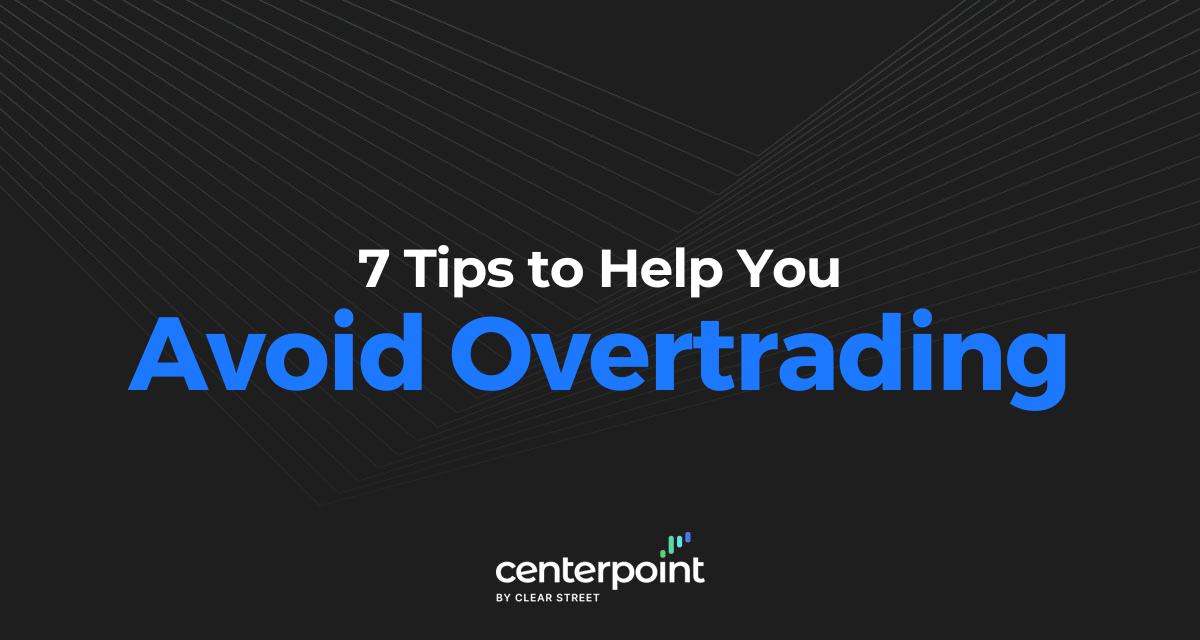Avoiding Overtrading: Tips for Discipline
Overtrading is one of the most common reasons traders fail — not because their strategy is bad, but because they can’t control the urge to constantly be in the market. Whether it’s placing too many trades in a day, increasing position sizes without logic, or trading without clear setups, overtrading leads to emotional decisions, high transaction costs, and often, significant losses. In this guide, we’ll break down what overtrading is, why it happens, and practical tips to stay disciplined and focused.
What is Overtrading?
Overtrading refers to excessive buying or selling of financial instruments without a solid strategy or reasoning. It usually happens due to:
- Emotional impulses (fear, greed, boredom)
- Chasing losses or missed opportunities
- Trading based on “gut feeling” instead of a plan
Overtrading can manifest in two forms:
- Too Many Trades – entering multiple positions without proper setups
- Too Large Trade Sizes – risking too much on a single trade out of desperation
Why Traders Overtrade
Understanding the psychology behind overtrading is key to fixing it. Here are some common reasons why it happens:
- Fear of Missing Out (FOMO): When traders see the market moving and feel they’re missing opportunities, they jump in without proper analysis.
- Revenge Trading: After a loss, traders often feel the urge to win it back quickly, leading to irrational trades.
- Boredom: Some traders open positions just to “do something,” especially when the market is slow.
- Greed: After a few winning trades, overconfidence kicks in and traders start placing larger, riskier trades.
- Lack of a Plan: Without a trading system or rules, it’s easy to act emotionally and overtrade.
Consequences of Overtrading
Overtrading doesn’t just drain your account — it messes with your mindset too. Here’s how it affects your trading:
- Increased transaction costs due to frequent trades
- Emotional burnout and loss of confidence
- Higher chances of losing trades due to poor setups
- Lack of clarity on what’s working and what’s not
- Inconsistent performance and no real strategy
Tips to Avoid Overtrading
1. Follow a Trading Plan
A solid trading plan sets clear rules for entry, exit, stop-loss, and position size. When you have a plan, you’re less likely to act on emotion. Make sure your plan includes:
- Number of trades per day or week
- Valid setups you will trade
- Risk-reward ratio for each trade
Stick to this plan no matter what. If the market doesn’t show your setup, sit it out.
2. Set Daily or Weekly Trade Limits
Cap the number of trades you can take in a day or week. For example:
- No more than 3 trades per day
- Only trade when two or more conditions from your plan are met This helps prevent impulsive decisions and keeps your focus on quality, not quantity.
3. Define Your “No Trade” Times
Not all market conditions are favorable. If you know certain hours are choppy or volatile, avoid them. Set “no-trading zones” in your schedule to reduce unnecessary risk.
4. Use a Trading Journal
Record every trade with details like:
- Entry and exit points
- Reason for entry
- Outcome and emotion involved
Over time, you’ll spot patterns — especially times when you overtraded and lost money. Reviewing your journal regularly keeps you accountable and improves discipline.
5. Trade Only High-Probability Setups
Set strict criteria for what constitutes a “valid trade.” Don’t compromise or stretch your rules just because you feel like trading. If you wait for only the best setups, you’ll naturally reduce overtrading.
6. Keep Emotions in Check
Use techniques like deep breathing, meditation, or taking breaks to stay calm. If you’re feeling emotional — whether angry, greedy, or anxious — don’t trade. Emotions are the number one trigger for overtrading.
7. Have a Pre-Trade Checklist
Before entering any trade, ask yourself:
- Does this align with my trading plan?
- Am I emotionally stable right now?
- Is the risk-reward favorable?
- Have I hit my trade limit for the day?
If the answer to any is “no,” skip the trade.
8. Focus on Quality Over Quantity
Some of the best traders make very few trades per week — but they’re highly calculated and based on strong setups. Remember: it’s better to make 3 good trades a week than 30 random trades with no edge.
9. Step Away After a Loss or Win
After a big loss, walk away. After a big win, do the same. Both situations can trigger emotional trading. Reset your mind before getting back in the market.
10. Track Your Progress, Not Just Profits
Instead of focusing only on your P&L (profit and loss), track how well you followed your plan. Did you stick to your trade limit? Did you avoid emotional entries? This shift in focus helps reinforce discipline.
Conclusion
Overtrading is not just a bad habit — it’s a discipline killer. But with awareness, structure, and self-control, you can overcome it. Treat trading like a business: every move must be calculated, logical, and backed by a plan. The goal isn’t to trade more — it’s to trade better. When you control your urges and stay patient, the rewards follow naturally.
4o
